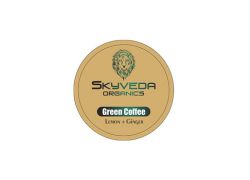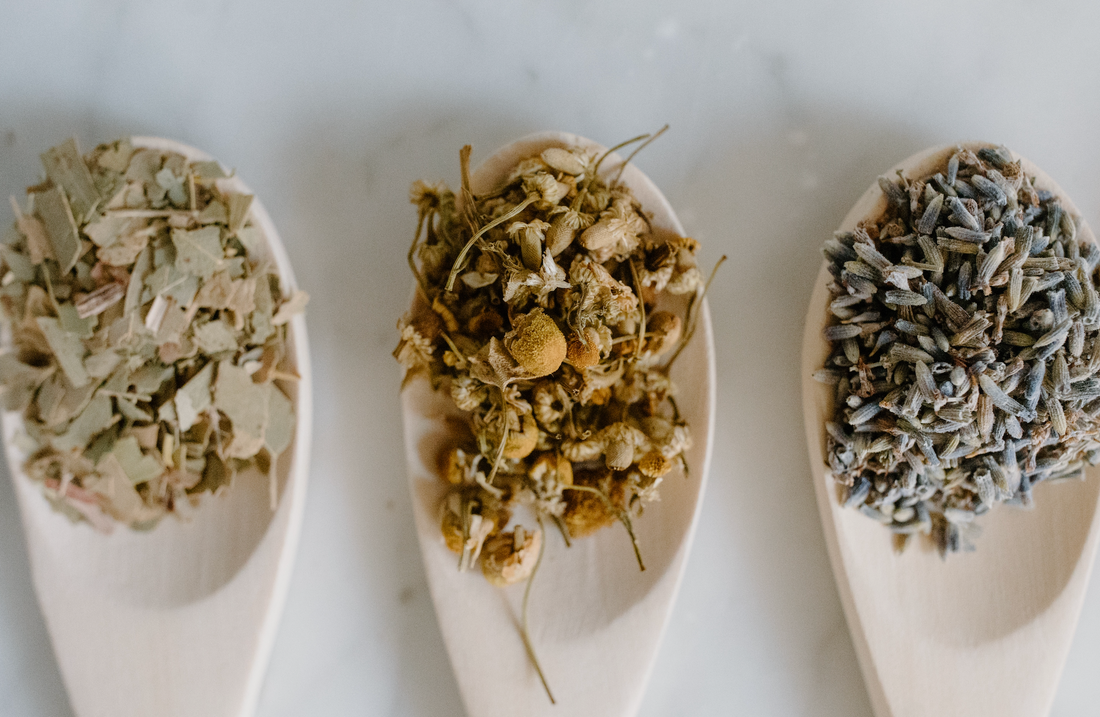Herbs have been used for centuries across various cultures for their potential health and wellness benefits. It's important to note that while herbs can have potential benefits, they should be used with caution and under the guidance of a healthcare professional, especially if you have any pre-existing medical conditions or are pregnant. Here are some commonly used herbs and their potential benefits for health and wellness:
-
Turmeric (Curcuma longa):
- Benefits: Anti-inflammatory, antioxidant, may support joint health, and may aid digestion.
- Uses: Often used in curries, teas, or as a supplement for its potential health benefits.
-
Ginger (Zingiber officinale):
- Benefits: Helps with digestion, reduces nausea, has anti-inflammatory properties.
- Uses: Commonly used in cooking, teas, and as a remedy for digestive issues.
-
Chamomile (Matricaria chamomilla):
- Benefits: Relaxing, may aid in sleep, and can soothe digestive issues.
- Uses: Often consumed as a tea or used topically in creams or oils for its calming effects.
-
Peppermint (Mentha × piperita):
- Benefits: Eases digestive discomfort, alleviates headaches, and may help with respiratory issues.
- Uses: Can be consumed as a tea, added to food, or used in aromatherapy.
-
Lavender (Lavandula angustifolia):
- Benefits: Relaxing, may reduce anxiety and improve sleep quality.
- Uses: Often used in aromatherapy, as an essential oil, or in teas for its calming effects.
-
Echinacea (Echinacea purpurea):
- Benefits: Boosts the immune system, may help reduce the duration of colds and respiratory infections.
- Uses: Typically consumed as a tea or in supplement form.
-
Garlic (Allium sativum):
- Benefits: Antimicrobial, supports heart health, may help regulate blood pressure and cholesterol levels.
- Uses: Often used in cooking and can be taken as a supplement.
-
Ginseng (Panax ginseng):
- Benefits: Increases energy, improves mental clarity, and may support the immune system.
- Uses: Consumed as a tea or taken as a supplement.
-
Ashwagandha (Withania somnifera):
- Benefits: Adaptogenic herb that may help reduce stress, improve mood, and boost energy.
- Uses: Typically consumed as a powder, capsule, or in teas.
-
Aloe Vera (Aloe barbadensis):
- Benefits: Soothes skin irritation, may aid in digestion, and has potential anti-inflammatory properties.
- Uses: Gel is applied topically for skin conditions, and the juice is consumed for digestive support.
Always consult a healthcare professional before using any herbal remedies, especially if you are taking medications or have underlying health conditions. Herbal remedies are not a substitute for medical treatment, but they can be a valuable addition to a holistic approach to health and wellness.




